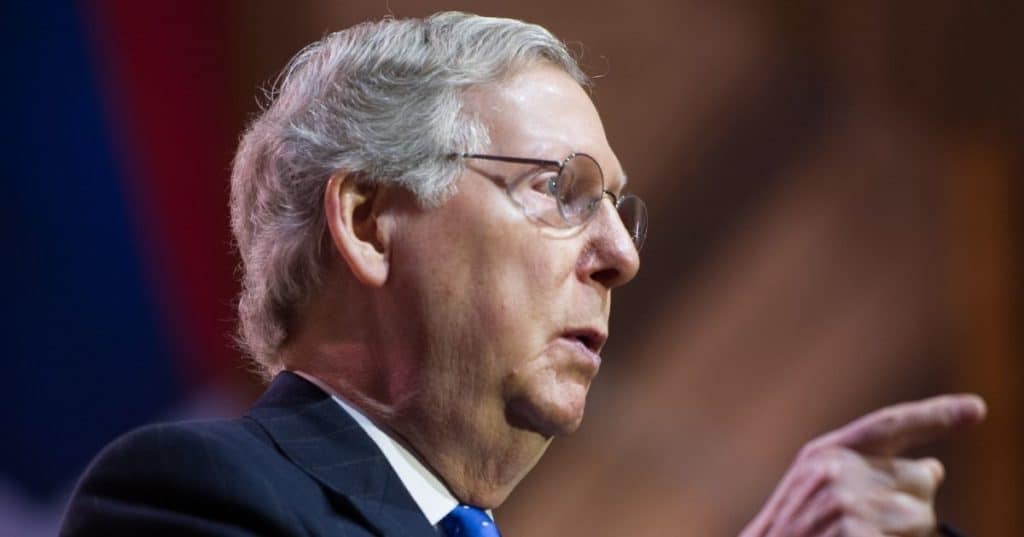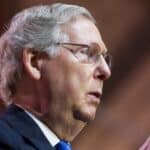



Vice President Kamala Harris's recent appearance on "Saturday Night Live" has sparked controversy and regulatory scrutiny.
The New York Post reported that Commissioner Carr has called the segment a calculated move to sidestep broadcasting regulations.
Vice President Harris was featured in a brief sketch on SNL, where she was joined by actress Maya Rudolph, who impersonated her during the show's opening.
This particular episode aired as the nation was gearing up for the upcoming election, adding to the tension around the appearance.
Carr criticized the Vice President's participation as an attempt to circumvent the Federal Communications Commission's (FCC) Equal Time rule, which mandates equal broadcasting opportunities for electoral candidates.
He expressed these concerns shortly after the episode aired, highlighting the timing of the appearance as particularly problematic.
According to Carr, the inclusion of Harris on SNL could potentially sway public opinion at a critical time, thus impacting the fairness of the election.
He detailed his complaints in a statement on the social media platform X, accusing NBC of leveraging its broadcast capabilities to favor one candidate over others.
The Equal Time rule, enforced by the FCC, is designed to prevent any candidate from gaining an undue advantage through media exposure. This rule was notably applied during the 2016 elections when equal opportunities were afforded to multiple candidates following appearances by prominent figures.
Lorne Michaels, SNL's executive producer, explained the complexities of involving high-profile political candidates on the show.
In an interview, he stated that featuring such figures introduces significant challenges due to the number of minor candidates who also require equal airtime.
Michaels emphasized that the show must navigate these legal and regulatory challenges carefully, especially during an election cycle, to avoid violating federal election laws.
NBC, the network licensed by the FCC and responsible for SNL, is bound by strict broadcasting rules due to its use of the public broadcast spectrum. This places additional scrutiny on how the network manages its programming during election periods.
The Trump-Vance campaign responded to Harris's SNL appearance by questioning her motives and criticizing her political record.
Steven Cheung, a spokesperson for the campaign, dismissed the segment as a mere performance, indicative of Harris's failing campaign strategy.
Cheung's harsh critique extended to Harris's tenure in office, blaming her policies for widespread issues faced by Americans over the past four years. He argued that President Trump's approach would remedy these failures.
This backlash from the opposition adds another layer of controversy to the Vice President's SNL cameo, with accusations flying about the real intentions behind her television appearance.
The FCC has a long history of enforcing the Equal Time rule to ensure a balanced representation of political candidates on public airwaves. Past elections have seen the FCC stepping in to grant equal opportunities following candidate appearances on widely viewed programs like SNL.
Federal law stipulates that networks must provide "comparable time and placement" to all candidates, which does not necessarily mean identical types of appearances but should be fair in terms of exposure and impact.
The debate over Harris's appearance underscores the ongoing challenges and legal intricacies that major networks face during election seasons, reflecting the delicate balance between entertainment and electoral fairness.



